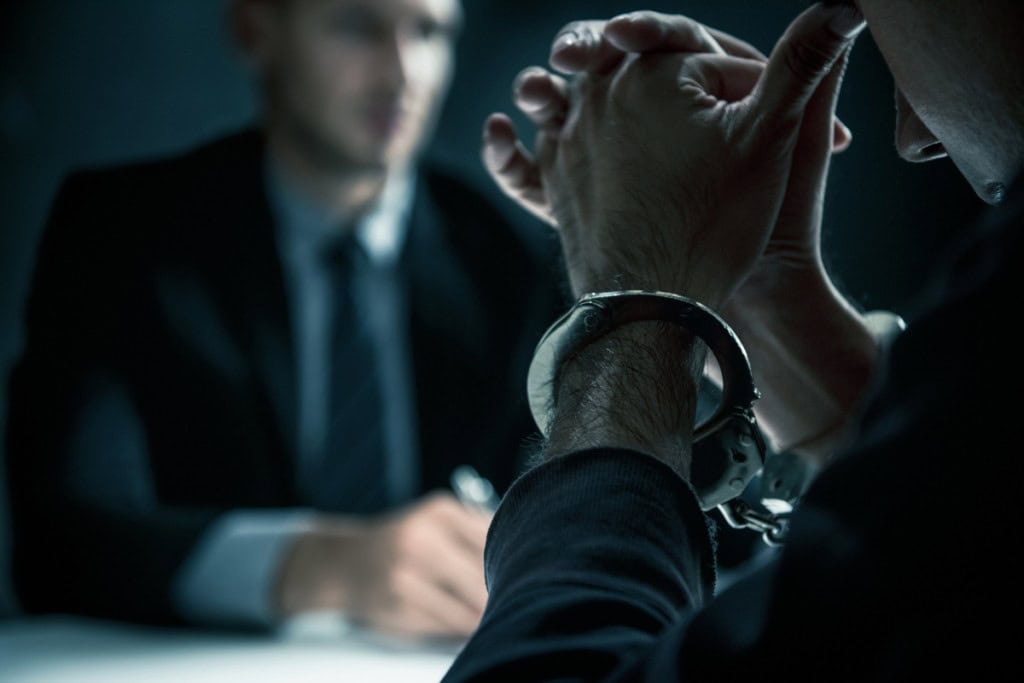
Facing criminal charges is one of the most stressful and overwhelming experiences a person can go through. Many people wonder whether they should hire a criminal defense lawyer or attempt to represent themselves in court. While the idea of avoiding legal fees might seem appealing at first, the consequences of not having professional representation can be severe and long-lasting. Understanding the risks involved is critical for anyone navigating the criminal justice system.
Limited Knowledge of the Law
The law is incredibly complex, and criminal law in particular involves many rules, procedures, and technicalities. Without a lawyer, individuals often find themselves lost in legal jargon and unfamiliar processes. Missing a deadline, filing paperwork incorrectly, or failing to follow courtroom protocol can all harm a case. Judges and prosecutors are not obligated to explain these details, leaving unrepresented defendants at a serious disadvantage.
Risk of Harsh Penalties
When a person represents themselves, they often lack the skill to negotiate effectively with the prosecution. Lawyers are trained to identify weaknesses in the state’s case and use them to secure reduced charges or lighter sentences. Without this expertise, defendants face the full weight of the law. Even minor mistakes in presenting evidence or cross-examining witnesses can result in harsher penalties, including longer jail time, steeper fines, or additional restrictions such as probation.
Overwhelming Court Procedures
Courtrooms operate on strict procedures and rules of evidence. Defendants without legal training may find themselves unprepared for objections, motions, or even the correct way to question witnesses. These missteps can weaken a case, making it easier for the prosecution to win. Furthermore, failing to understand courtroom etiquette can frustrate judges, which may negatively influence how a case is handled.
Lack of Access to Resources
Criminal defense lawyers not only understand the law but also have access to resources that can strengthen a case. They can hire investigators, consult expert witnesses, and gather evidence that a defendant might not be able to obtain on their own. Without these tools, building a strong defense becomes nearly impossible. This lack of support often leaves unrepresented defendants relying solely on their personal testimony, which may not be enough to persuade a judge or jury.
Missed Opportunities for Plea Bargains
Many criminal cases do not go to trial but are instead resolved through plea bargains. These negotiations can result in reduced charges or lighter sentences, but they require careful strategy and legal knowledge. Defendants representing themselves may not even know when a plea deal is possible, let alone how to negotiate one effectively. As a result, they may accept unfavorable deals or miss out on opportunities that could have lessened their consequences.
Emotional and Psychological Burden
Going through a criminal trial without a lawyer is emotionally exhausting. Defendants often feel overwhelmed by the process, which can lead to poor decision-making. The stress of preparing legal documents, appearing in court, and facing the prosecution without guidance can take a significant toll on a person’s mental health. With a lawyer, much of this burden is shared, allowing the defendant to focus on managing the personal impact of the situation.
Long-Term Consequences
Convictions can affect far more than immediate penalties. A criminal record can limit employment opportunities, affect housing applications, and even restrict access to professional licenses. Without a strong defense, the chances of being convicted or receiving a more serious charge increase significantly. These long-term consequences can alter the course of a person’s life, making the decision to forego a lawyer even more damaging.
Conclusion
Not hiring a criminal defense lawyer might save money in the short term, but the risks far outweigh the benefits. From navigating complex legal procedures to protecting future opportunities, having professional representation can make the difference between a fair outcome and devastating consequences. Anyone facing criminal charges should carefully consider the lasting impact of going to court without a lawyer.




